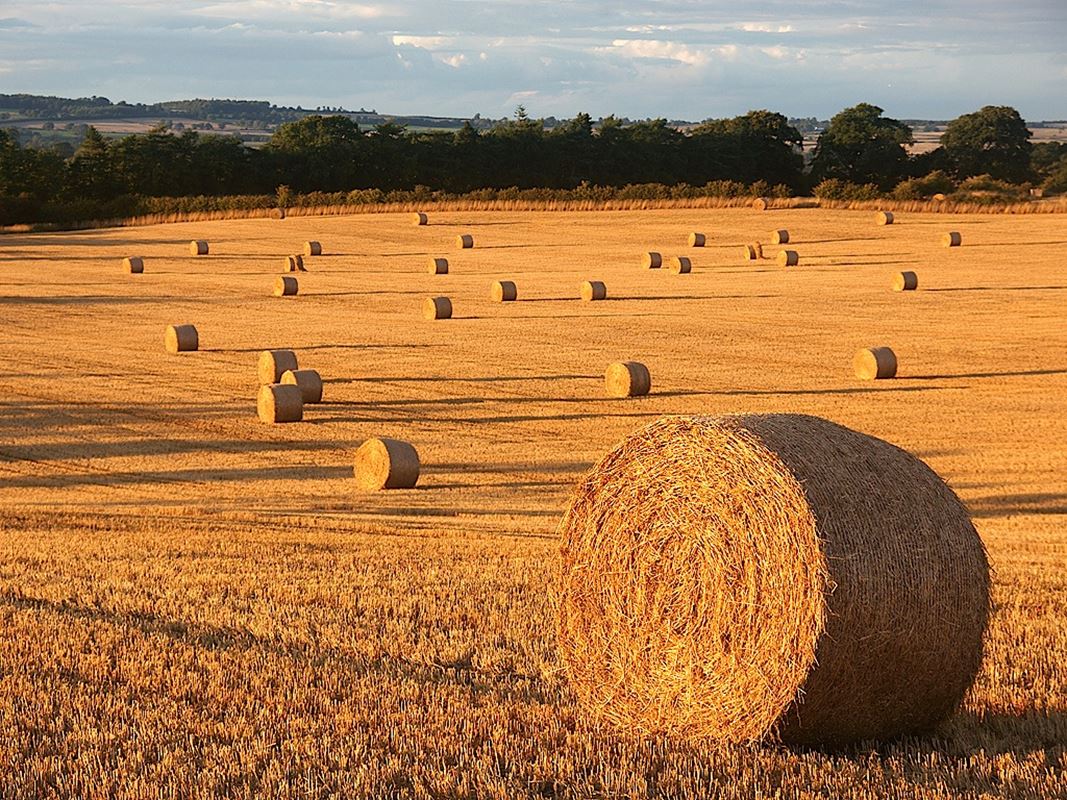Farmers blocked major roads and food distribution centers in the Netherlands in protest against a new environmental policy that would reduce the number of animals by almost a third. With manure, rubbish and fires covering Dutch roads, the agricultural problem has highlighted the delicate balance Europe is forced to maintain, with food security and environmental goals at stake.
Indeed, these protests come at a time when food insecurity, in Europe and around the world, is high on the agenda, thanks to a combination of extreme weather patterns and Russia’s war on Ukraine.
fears of a future world food crisis they are now widespread: a significant drop in production and exports from Russia and Ukraine has left a huge gap in food supplies to North Africa and the Middle East, while this summer’s heat waves are expected to contribute to European performance failures. of up to 10%. World prices for energy and fertilizers for agriculture, already at record levels before the invasion of Ukraine, have soared.
In an effort to mitigate food shortages, the EU recently allowed temporary exemptions to rules on the use of fallow land, keeping non-productive elements on farmland and crop rotation, all in the name of increasing cereal production.
Bread for today, hunger for tomorrow
Supposedly committed to a “careful balance” between the need to increase global food availability and ensuring the protection of biodiversity, the Commission estimates that an additional 1.5 million hectares of land will be put back into production as a result of the shift.
However, this year’s basket of problems is nothing new. Indeed, Europe has long struggled to balance the needs of farmers with other policy goals, leading the continent to transform not only the way it farms, but also the people’s eating habits.
With Europeans eating twice as much meat as the world average and farming practices still doggedly far from sustainable, it is increasingly clear that a change in consumption habits will be needed to lead the way.
“The science is overwhelming at this stage: overconsumption of meat and dairy is destroying forests, crushing nature and warming the planet,” explains Sini Eräjää, EU agricultural and forestry activist at Greenpeace. If the continent has any chance of meeting emissions targets for agriculture, the organization says, Europeans must reduce meat consumption by 71% by 2030.
Even here, however, the EU falls short of its good intentions.
Take big bloc plans to improve Europeans’ food intake through an FOP label, for example. Just a few years ago, Europe seemed united in its efforts to implement the so-called Nutri-Score as an EU-wide nutrition labeling system; today, the system has quickly fallen out of use due to “incompatibilities” in its algorithm.
Adopted by French authorities in 2017, the Nutri-Score calculates the nutritional value of a product based on a traffic light approach to classifying each item accordingly. Despite health assurances made to consumers, the algorithm regularly marks meat, and even reformulated junk food, with a green rating, an outcome hardly sustainable for the modern European diet.
Italy, in particular, has been a staunch opponent of the scheme, arguing that the Nutri-Score undermines the healthy Mediterranean diet and supplants traditional foods in favor of mass-produced corporate products, while seeking to promote “healthier” food options. “. Instead, Italy presents its Nutriform Battery system as a more balanced alternative that allows for healthier options.
Change agriculture or diet?
While the FOP debate is just one conversation among many related to food production in Europe, it highlights the complex interplay between growing environmental, health and socio-economic pressures on EU policymakers. In order for Europe to adequately anticipate and face the great challenges of the coming decades, a healthier balance needs to be found, and soon.
While the concerns of Dutch farmers are certainly understandable, it seems that the problem of meat consumption on the continent is bigger than either the Netherlands or the EU can reasonably resolve with political controls.
Ultimately, it may even correct itself: with the war in Ukraine putting pressure on hog feed prices, after months of low meat prices and reduced demand from China, at least part of European agriculture may be coming to an end. all on their own.
For Times of Sustainability. Article in English
